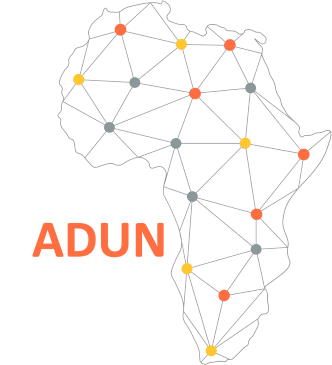Abstract
One of the key mandates of open, distance and digital learning mode, as operationalised at the National Open University of Nigeria (NOUN), is to advance the equal and equitable opportunities for the disadvantaged and marginalised members of society. The marginalised and disadvantaged include the disabled, indigent women and girls and people in the lower socio-economic cadres, as well as persons in correctional facilities. Social justice for the disadvantaged means more than creating equitable opportunities for them to gain access to higher education. It also involves extending opportunities to the
marginalised people to successfully participate in higher education. This means recognising the disabling structural barriers in the built environment and discriminatory attitudes of society which sometimes prevents the disadvantaged groups from accessing educational opportunities and social services. The failure to accord the disabled some agency of their own is part of the process by which society at large and higher education institutions contribute to reproducing the structural barriers that the disabled encounter in the wider society. The paper reviews the notion of social justice and the groups that are classified as deserving social justice within the mandate of NOUN. The paper also examines how the social disadvantage limits their opportunities to access higher education. Disabled people make up more than 15% of the global population of people (WHO 2011 and World Bank 2011) and more than 80% of the disabled people are estimated to reside in sub-Saharan Africa (UNenable 2010). Given that Nigeria is the most populous country in sub-Saharan Africa, it is arguable that Nigeria is home to the highest number of people with disabilities on the African continent. However, one issue that analysts seem to agree on is that disability as a structure of inequality has not been given priority both in policy design and implementation, and research into higher education. Since inception, NOUN has strived to optimise the chances of disadvantaged groups to gain access to higher education through a variety of schemes. For instance, inmates in correctional facilities enjoy one hundred per cent full scholarship over the course of their programmes. The disabled are offered digital learning support such as Joint Access with Speech (JAWS), in the case of people with visual impairments and hearing impairments. The paper concludes with an examination of some key digital learning initiatives that NOUN had embarked on and those that the university could also embrace to increase the chances of the most disadvantaged and marginalised for accessing equitable higher education opportunities.
More about the presenters
Felix Kayode Olakulehin is a Lecturer in Educational Planning and Policy and Research Fellow at the Regional Training and Research Institute for Distance and Open Learning, National Open University of Nigeria. He briefly lectured at the Federal University, Oye-Ekiti between 2019 and 2022 before returning to the NOUN. His research interests include technology-enabled learning, social justice, open, distance and eLearning, teacher education and lifelong learning. He has published extensively in leading refereed journals globally. He has been involved in commissioned research and received grants from the Commonwealth of Learning, Third World Academy of Sciences, Ford Foundation, International Council for Open and Distance Education and the Nigeria TETFUND.
Helen Titilola Olojede is a Lecturer in the Department of Philosophy, National Open University of Nigeria. She is a member of Ethical Artificial Intelligence Advisory Council of Centre for Practical Bioethics, USA. She is equally an Expert with Foresight Institute of Research and Translation (FIRAT) Group of Experts Program. She is a beneficiary of Gender at Work, Artificial Intelligence for Development Consultants’ Training. Her research interests span Bioethics, Ethics and Epistemology of Artificial Intelligence, Gender and AI, African Philosophy and Gender philosophy. She has published articles in learned academic journals. Aside core philosophy, Helen loves social advocacy and being a philomath has certifications in Ethics,
